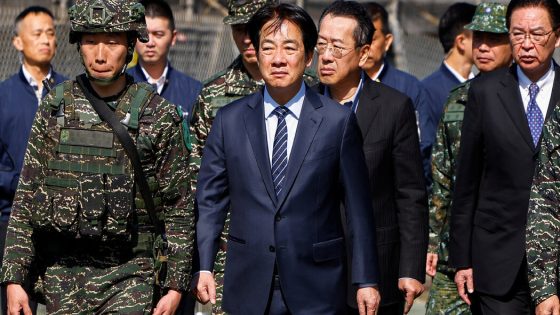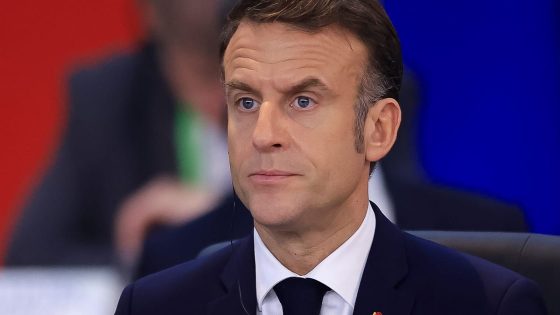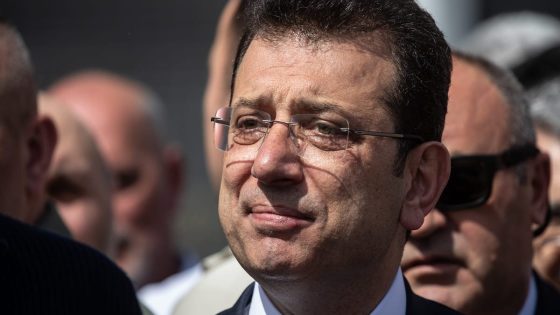Taiwan’s President Lai Ching-te has intensified efforts against Chinese subversion and espionage as of March 2025. In response, Beijing has increased military activity near Taiwan, warning Lai against escalating tensions. The situation reflects a significant shift in Taiwan’s approach to its relationship with China.
- Taiwan's president initiates anti-China measures.
- Beijing responds with military maneuvers.
- Opposition accuses Lai of provoking China.
- Lai's supporters advocate for stronger stance.
- Analysts suggest timing relates to U.S.-China talks.
- Lai aims to navigate domestic political challenges.
President Lai Ching-te’s recent actions come amid rising concerns over Chinese influence in Taiwan. His administration has initiated a campaign to counter what it describes as expanding Chinese subversion and espionage activities. This move has led to heightened military responses from Beijing, which has dispatched additional aircraft and naval vessels near the island.
Key details include:
- Lai’s campaign aims to strengthen Taiwan’s defenses against perceived threats.
- Beijing has issued stern warnings, indicating that Taiwan’s actions could lead to serious consequences.
- Domestic opposition parties in Taiwan have criticized Lai, claiming his stance could provoke China further.
Experts suggest that Lai’s strategy may be influenced by a belief that China will refrain from aggressive actions while it seeks to negotiate with the united states regarding trade issues. David Sacks, a fellow at the Council on Foreign Relations, noted that Lai may have timed his actions to avoid complicating China’s discussions with the U.S.
In summary, President Lai’s tougher stance against China marks a pivotal moment in Taiwan’s policy. While it aims to bolster national security, it also risks escalating tensions with Beijing, which has already reacted strongly to these developments.
The ongoing developments in Taiwan highlight the delicate balance of power in the region. Lai’s administration is navigating a complex situation that could have far-reaching effects on international relations and regional stability.

































